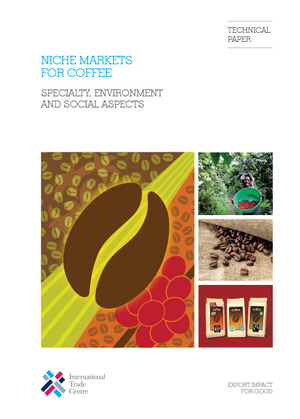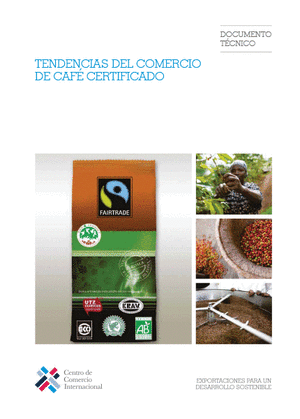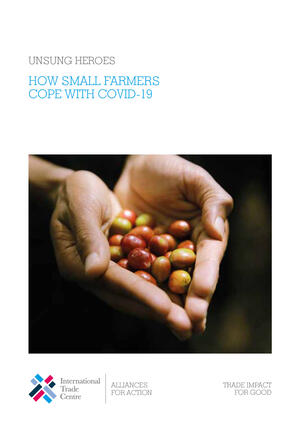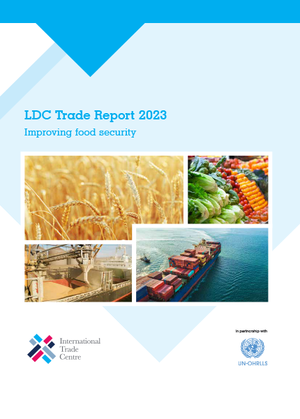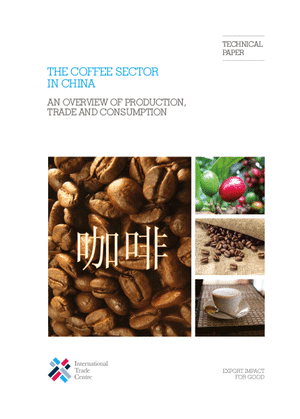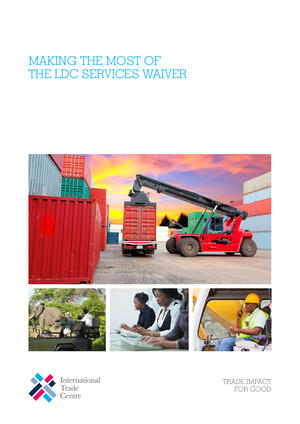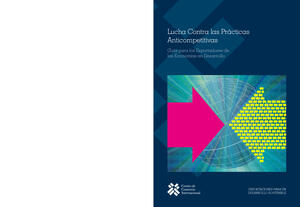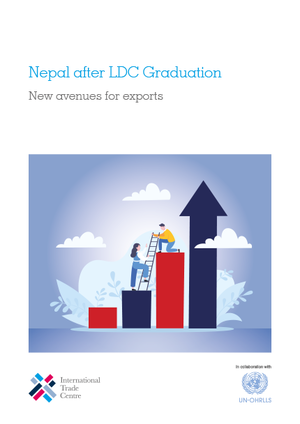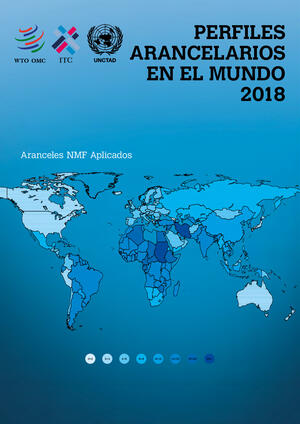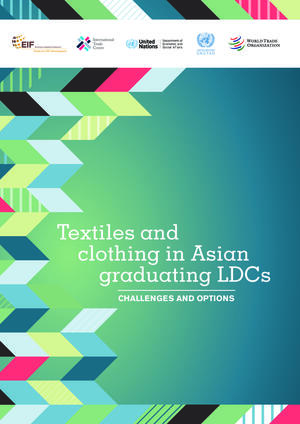Niche Markets for Coffee: Specialty, Environment and Social Aspects (en)
A comparison of sustainability schemes, as well as an overview of the trends in the markets for specialty and sustainable coffees.Coffee niche markets provide opportunities for producers in developing countries to increase their incomes. This paper, drawn from ITC’s new book on the coffee trade,...




